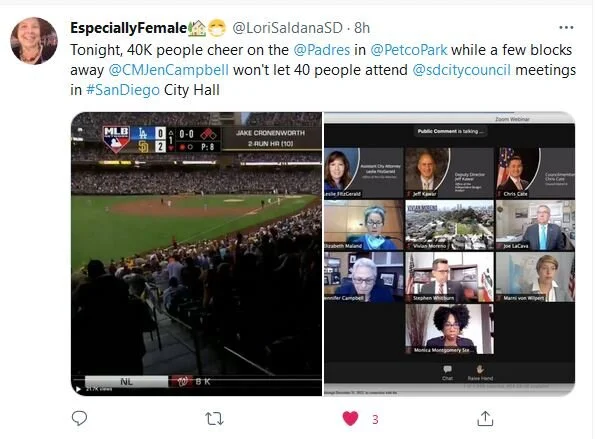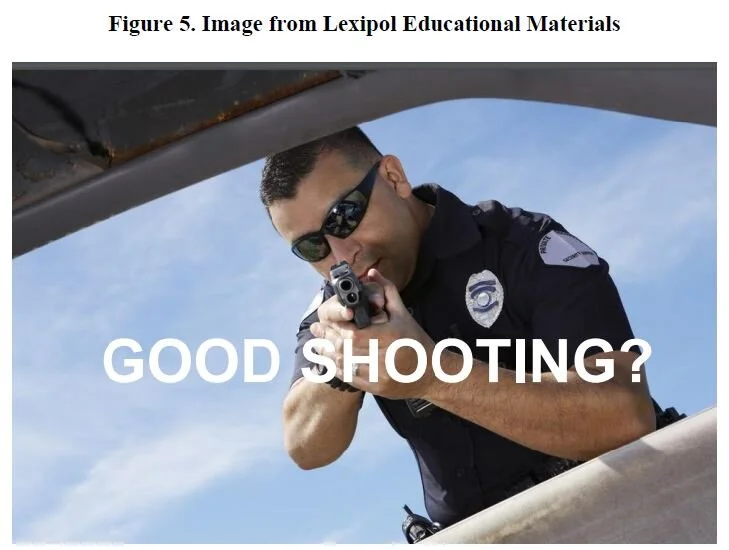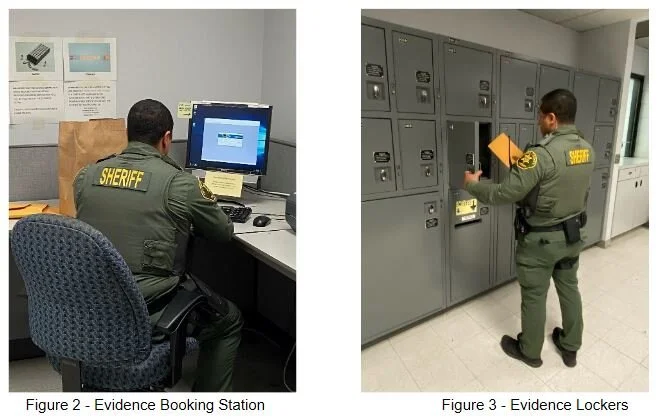As the country staggers back from covid and the major parties float various talking points ahead of the 2022 midterms, it is beginning to feel a lot like we are moving forward into the past. Moving, specifically, into 1994.
Then-Senator Biden in 1994
The parallels are not hard to see. We have a drumbeat of reports that crime is on the rise, with at least some basis in truth in the area of violent crime (though not much context). We have a looming midterm election in which Republicans will attempt to pin this trend on a Democratic president and a Democratic House majority. And (as is always the case when we are talking about crime) we have a strong underlying current of racial resentment, with white anxiety over the Black Lives Matter movement, 2020 demonstrations, and “defund the police” campaigns not far from the surface.
Similar factors were at play going into the 1994 midterms. Democrats controlled the presidency and both houses of Congress, but crime (which was at significantly higher levels in the 90s than it is today), was a substantial concern. The infamous 1994 Crime Bill, which then-Senator Biden supported, was signed into law by President Clinton in September of 1994, just two months before the midterm elections. Decades later, the country is still working to sort out the impacts of the wave of incarceration that this legislation helped create.
A lot of crime policy, of course, is a product of state and local politics, rather than federal politics. But there is an interplay between the local and national stages because of the way local issues get spun into national narratives. Here in California, there are several dynamics that may lends themelves to a “tough-on-crime” narrative despite (or perhaps because of) the fact that the state is more progressive than many other parts of America. First, California has seen the rise of the “progressive” prosecutor in figures like Chesa Boudin in San Francisco and George Gascón in Los Angeles. Both of these DAs have instituted policies that put them strongly at odds with law enforcement unions, and Gascón is facing a recall effort. (Boudin is as well, though the effort appears to be floundering.) California has also undergone several waves of legislative reform aimed at reducing overincarceration, including changes to its Three Strikes law and the 2014 passage of Prop. 47, which deprioritized low-level property crime. If you wonder why there is constant harping in the media about whether Walgreens in San Francisco is seeing a lot shoplifting, this is the reason: because such shoplifting is intended to be a concrete example of the “failure” of Prop. 47 and progressive crime policy more generally. (Never mind what the data actually shows, which is that shoplifting is down in San Francisco from where it was in 2018 and 2019 when nobody was talking about it.)
The same is true regarding the recent reporting on the California Department of Corrections and Rehabilitation releasing certain inmates, and prosecutors’ attempts to legally block those releases: these are things California voters approved years ago via Prop. 57, and they are not a surprise. They are scarcely even “news” at all except for the fact that events in the world of crime often treated by the media as having no context. But that doesn’t mean these releases can’t be spun into a national-level story that can be used to influence outcomes in other areas.
California is a relatively liberal state, and it seems unlikely that the majority of California voters are going to substantially abandon the course of the last several years and retreat to “tough-on-crime” policies of the sort we saw in the ‘90s. But what we almost certainly will see is a pronounced effort at the national level to argue that the “failure” of California criminal justice policies, especially in San Francisco and Los Angeles, requires electing conservatives to Congress. It wouldn’t be surprising, in fact, if we saw an attempt to retool Newt Gingrich’s 1994 “Contract with America” as a conservative positioning piece ahead of 2022, with crime policy occupying a central place in such a contract. (Gingrich himself has apparently suggested that he should do this in collaboration with the former president, though It’s unclear that anybody really wants to dance with Gingrich again.)
Another unfortunate thing we are basically guaranteed to see in the months ahead is the local crime story out of SF or LA that gets magnified by Fox et al. into a national referendum on Democrats’ purported “weakness” on crime. There will be some sort of unpleasant violent crime committed by an immigrant or a person of color, and it will be Willie Horton-ized into the type of dog-whistle politics that are so often cited in calls to crack down.
The really challenging question is how Democrats will respond to this dynamic. In the ‘90s, it wasn’t even a question: they shamelessly flogged the tough-on-crime narrative, throwing communities of color under the bus via both the 1994 crime bill and the 1996 passage of AEDPA, which effectively eviscerated federal review of state convictions. Biden, perhaps not surprisingly, has already begun signaling his tough-on-crime credentials again. His rhetoric, about “taking on the bad actors doing bad things to our communities” almost sounds like another politician’s comments about certain “hombres,” though surely (?) he doesn’t mean it that way. It seems likely that Democrats in vulnerable districts may want to adopt similar approaches as we enter the midterm whirlwind. But Democrats may also be somewhat constrained by the evolving demographic and political realities of our nation and even, one hopes, by at least some glimmer of conscience. It may be harder to be crudely “tough on crime” when the politics of racial scapegoating no longer play as well as they did a quarter century ago.







